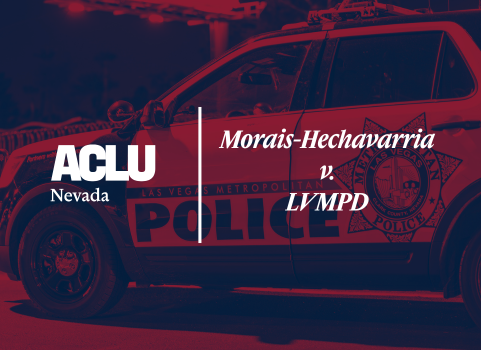Regardless of your immigration status, you have guaranteed rights. This guide is not individualized legal advice, but we hope it helps you and your loved ones prepare for any eventuality.
ACLU of Nevada remains at the forefront of addressing all civil liberties and civil rights issues, including efforts to violate the rights of immigrant communities in Nevada. Despite the challenging climate, we will keep fighting until the guarantees of the Constitution and the principles it embodies apply to all.
Below, you will find materials to better Know Your Rights, report an immigration raid or other civil rights violations, and request training from the ACLU of Nevada. Don't forget to sign up for membership and support our critical work.
Related Content

Immigration attorneys prep community on their rights as enforcement ramps up nationwide

Nevada Legislature Passes Resolution Urging Congress to Protect Places of Worship and Schools from ICE

Broadacres Market reopens, vendors hope customers return

Morais-Hechavarria v. Las Vegas Metropolitan Police Department
Stay Informed
Sign up to be the first to hear about how to take action.
By completing this form, I agree to receive occasional emails per the terms of the ACLU’s privacy statement.
By completing this form, I agree to receive occasional emails per the terms of the ACLU’s privacy statement.


